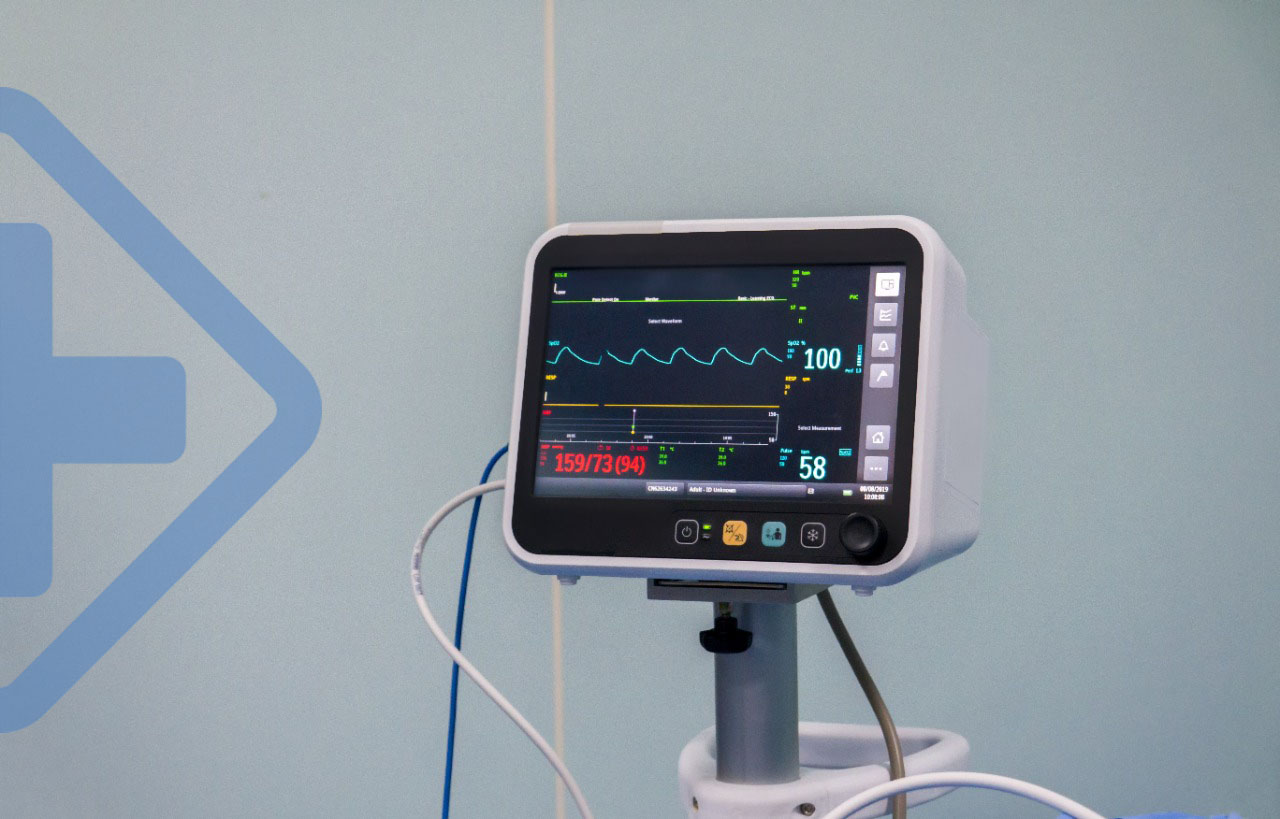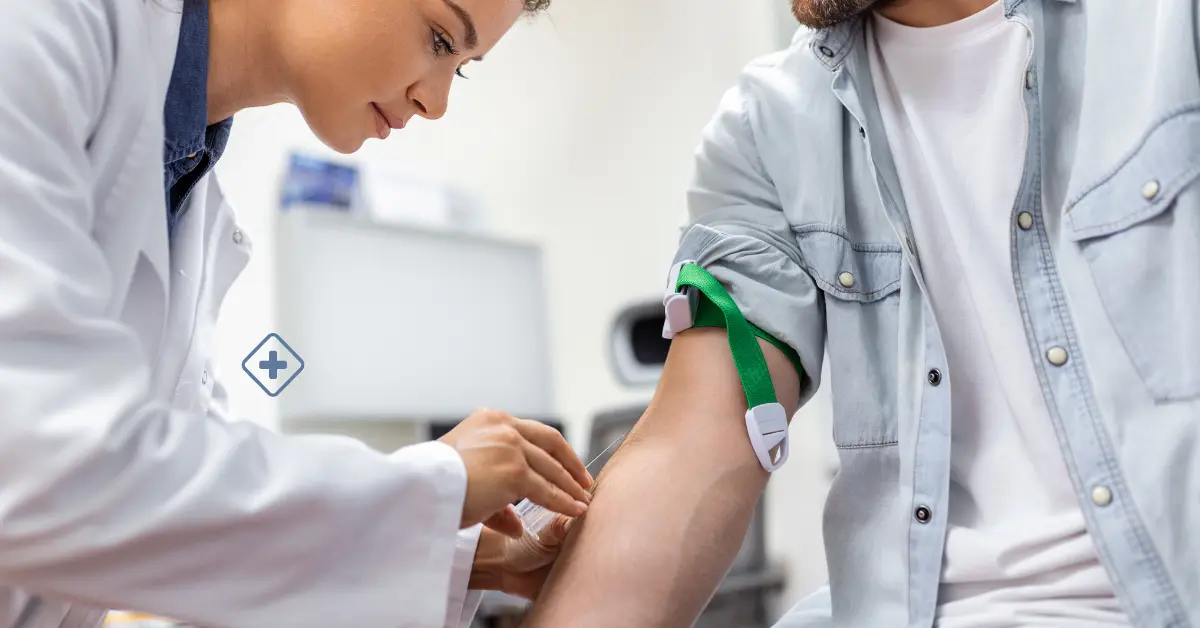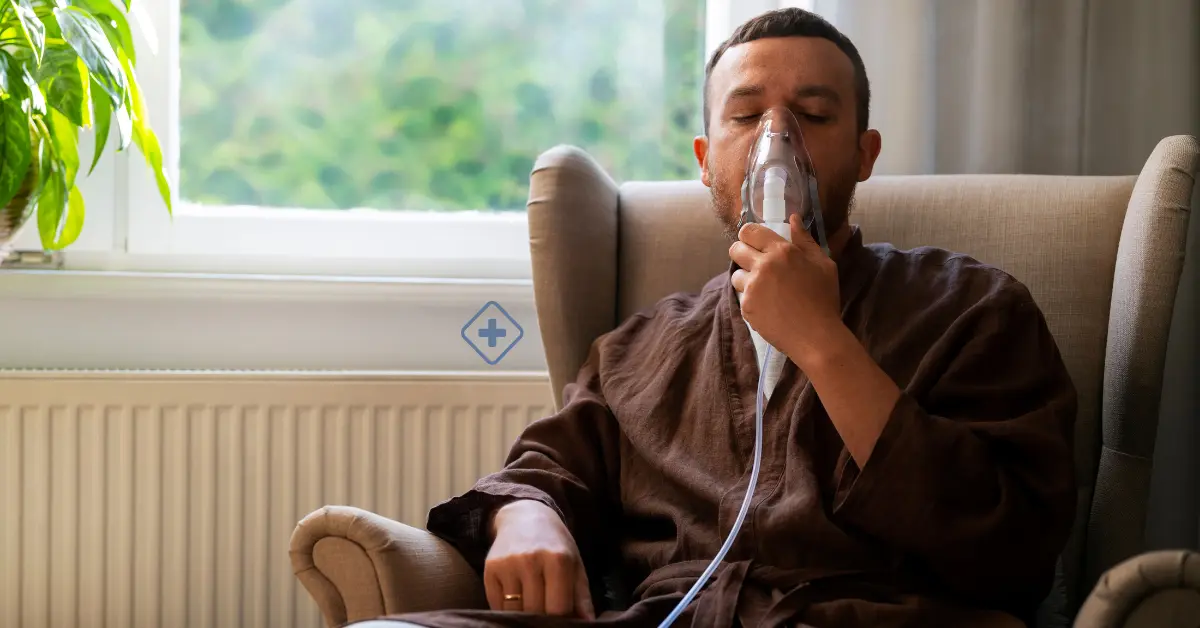
How to recover from a stay in the intensive care unit (ICU)?
When the medical team decides to quit the patient from the intensive care unit (ICU), it is the beginning of a healing journey. The medical follow-up is a crucial step in the patient recovery.

Staying in an intensive care unit (ICU) presupposes that the patient has suffered an accident, an operation, or an illness severe enough to require hospitalization in a state of sedation. And when the medical team decides to quit the patient from the intensive care unit (ICU), It is the beginning of a healing journey.
What does rehabilitation imply after a stay in intensive care?
The transition from the intensive care unit to standard service may be difficult since recovery is often slow. The patient might have to relearn everyday actions such as walking, eating, drinking, or even breathing on his own.
In this case, It is essential to set realistic goals: recovery is usually counted in months. Even if the patient may not fully regain mobility, it is necessary to think in terms of the progress made and, if required, to adjust lifestyle.
What are the changes that could have affected your body?
The body reacts to the heavy treatment and a period without physical mobility. This can manifest as:
- Weight loss and general frailty
When the patient is bedridden, muscle mass and strength decrease; this is especially true if the patient has been a long time under assisted ventilation - Respiratory weakness
After a tracheostomy, the patient must follow the respiratory gymnastics recommended by our doctors. The scar left on your neck by the tube in the trachea will fade over time - Voice distortion
The voice may sound different, especially if the hospitalization with respiratory support has lasted a long time. The patient must rest and stay hydrated
- Less radiant skin texture and hair
The skin may be very dry or itchy. Hair loss is not unusual, even after months
- Formation of hematomas
The infusions leave bruises and scars; they are usually seen on the hands, wrists, arms, neck, shoulder, and sides of the chest. The stomach can also be affected by anti-thrombosis treatment
- Changes in hearing, taste, touch, and smell
The physiologist changes are temporary but can be confusing for the patient
- Problems urinating
Problems urinating are often due to a catheter’s use for checking the fluid balance and urine output. When the catheter is removed, the muscles are weakened, the patient has trouble controlling his bladder. It usually returns to normal.
How is the patient's return home, and what complications can possibly be developed?
Returning home is an expected stage in recovery. This long-awaited moment, however, can be feared by the patient and his family. The patient does not have the same supervision as in the hospital and can quickly feel frustrated by his slow recovery.
Some patients can be sent directly to their homes when they have concluded their recovery in ICU, others must spend more time in a regular room in the Hospital area to continue their control and monitoring, which, although less intense, is just as necessary. This step is an important event on the road to recovery as it means that you no longer need intensive therapy.
Emotional support from relatives is crucial. Our team at BlueNetHospitals will be available to reassure the patient.
He must realize that he has undergone heavy treatment and may need time to understand what has happened to him. Disturbed sleep, different perception of events, and anxiety disorders can be common.
Who participates in your intensive therapy rehabilitation team?
It is important for the patient to be surrounded by a team that he trusts during his recovery. If Psychiatry, Nutrition or Physiotherapy consultations are recommended, these services will prepare the patient in the best possible way for returning home.
Our team at BlueNetHospitals will follow you during all of your medical examinations to identify any physical and psychological problems that could hinder or delay your recovery, and this:
-
before you leave intensive care
-
before you leave the hospital
-
after your discharge from intensive care
BlueNetHospitals - Hospital Los Cabos
BlueNet Hospitals
Trending Topics
ICU
Trending Topics
Septoplasty
Septoplasty is a highly effective procedure for correcting a deviated septum
Ulcerative Colitis
Ulcerative colitis is an inflammatory bowel disease (IBD) that causes chronic inflammation.
Prostate-Specific Antigen (PSA)
The level of PSA in the blood can provide valuable information about prostate health.
Emphysema
Emphysema symptoms can be subtle at first but tend to worsen over time.
Health Library
ICU
- ¿Necesitas una cita con un Especialista?
- llámanos
- escríbenos
- Conéctate










